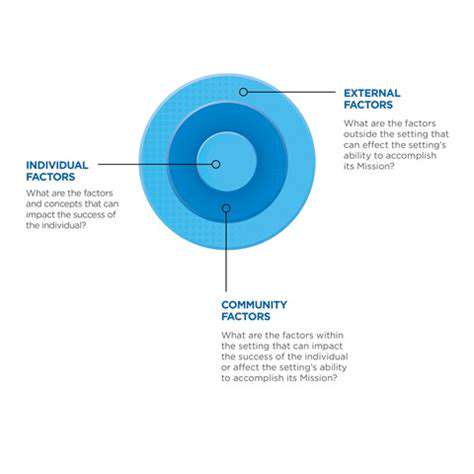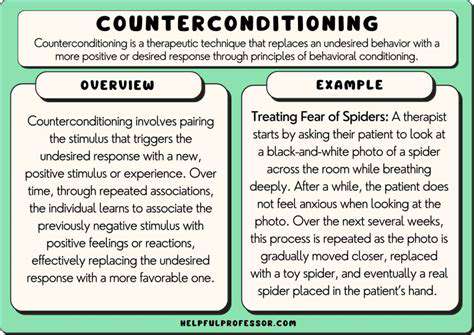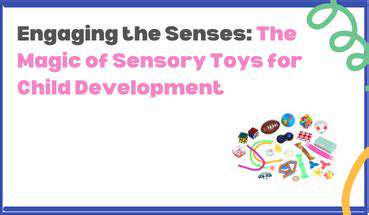Why Fostering is Important for Animal Rescue
Enhancing Adoption Rates and Saving More Lives
Fostering as a Lifeline for Animals in Need
Animal shelters and rescue organizations often face overwhelming populations of animals needing care and a loving home. Fostering provides a crucial lifeline, giving these animals temporary respite from the stressful environment of a shelter. By providing a nurturing and safe space, fosters allow animals to receive individualized attention, addressing any specific needs and anxieties they may have, ultimately preparing them for adoption into their forever homes.
Improving Animal Well-being
A foster home offers a more comfortable and familiar environment for animals. This can significantly improve their overall well-being, both physically and mentally. Reduced stress levels translate into better eating habits, improved coat condition, and a more positive demeanor, making them more appealing to potential adopters.
Fostering allows for close monitoring of the animal's health and behavioral patterns, enabling early intervention if any issues arise. This proactive approach contributes to the animal's overall health and happiness.
Expanding Adoption Opportunities
Fostering dramatically increases the visibility of adoptable animals. A foster home often provides a more natural and engaging environment than a shelter cage, allowing potential adopters to interact with the animal in a more relaxed atmosphere. This increased exposure significantly boosts the chances of finding a suitable home for the animal.
Reducing Shelter Stress
By taking animals out of overcrowded shelters, fostering reduces the overall stress levels in these environments. This benefits not only the fostered animal but also the other animals sharing the shelter. A calmer and less chaotic environment contributes to a healthier and more harmonious atmosphere for all animals in the shelter.
Creating Lasting Bonds
The fostering process is not just about providing temporary care; it also allows for the development of strong bonds between the foster parent and the animal. This nurturing interaction can greatly improve the animal's trust and socialization skills, preparing them for a more successful transition to their permanent home.
Promoting Responsible Pet Ownership
Fostering often involves an educational component, introducing potential adopters to the specific needs of the animal. This fosters a greater understanding of responsible pet ownership. Educating potential owners empowers them to make informed decisions and ensures the animal receives the care it deserves throughout its life.
Empowering Individuals to Make a Difference
Fostering provides individuals with an opportunity to make a meaningful difference in the lives of animals in need. It allows people to directly contribute to a more humane and compassionate approach to animal care, fostering a sense of pride and purpose in the process. Whether it's a few days or a few weeks, the time and love contributed directly impacts the well-being and long-term success of these animals, and in doing so, the fosterer is making a difference.

Read more about Why Fostering is Important for Animal Rescue
Hot Recommendations
- Review: [Specific Brand] Small Animal Cage
- Why Rescuing Pets Saves Lives
- Best Pet First Aid Kits [What to Include]
- How to Help Stray Animals in Your Community
- Guide to Adopting a Pet When You Have Kids
- Top Reptile Heat Lamps
- Heartwarming Rescue Stories That Will Inspire You
- Review: [Specific Brand] Bird Cage
- Best Aquarium Filters [2025 Review]
- Review: [Specific Brand] Smart Litter Box











